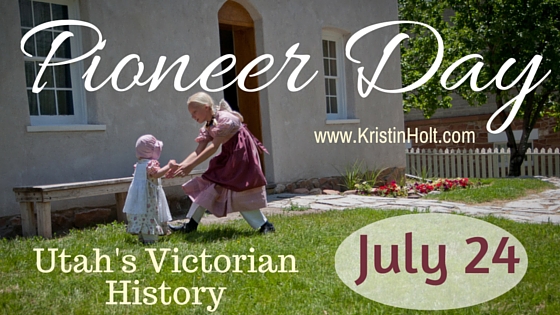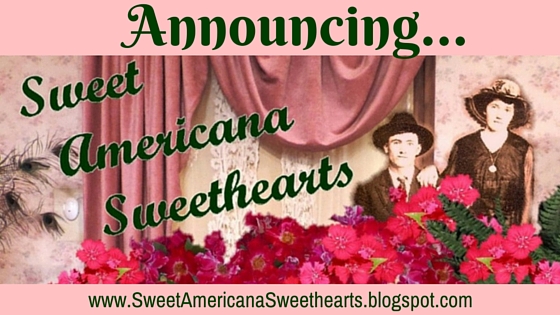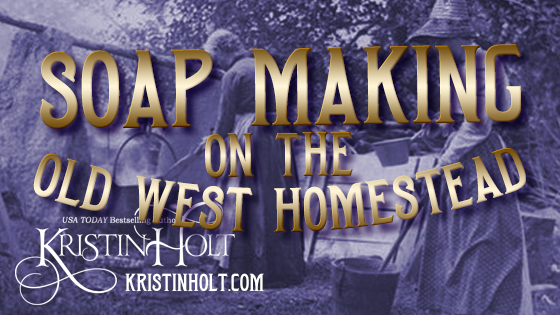
by Kristin Holt | Jan 16, 2017 | Articles
Have you ever stumbled across a turn of phrase (hold your horses, for instance) in a western historical romance and wondered if it fit? Or if that phrase was too new to be accurate historically? I have. While writing my past few western historical romances, I’ve paused and taken the time to look up most of these phrases, but I probably missed some. I want to share a handful with you here (that appeared in Pleasance’s First Love, set in 1879), along with the history behind that common phrase (colloquialism), when it came to be, and how we know that origin.

by Kristin Holt | Jul 24, 2016 | Articles
July 24th is Pioneer Day in the state of Utah, commemorating the arrival of the Mormon pioneers in the Salt Lake Valley (the first permanent Euro-American settlers) in 1847. This state-wide celebration includes everything from parades to rodeos, fireworks to pageants, Pioneer/Frontier clothing to Native American Inter-Tribal Pow-Wows, to covered wagon reenactments and picnics. Pioneer Day is inherent to Utah’s Victorian-Era, Old West history.

by Kristin Holt | Sep 29, 2015 | Articles
This book review of an historic cookbook illuminates my reasons for a 4.5-star review. This vintage cookbook is so much more than a collection of historic recipes–it provides a peek into the homemaker’s roles, available ingredients, methods of food preparation and attitudes about waste, as well as regional favorites. Small elements–such as reference to measuring salt with a dessert spoon–explains much to amateur historians about the way things once were. Article includes one of the recipes from the book: cream pie with a rich pie crust.

by Kristin Holt | Aug 9, 2015 | Articles
I’m delighted to announce my affiliation with the Sweet Americana Sweethearts Blog. It features authors of Sweet & Clean romances set throughout North America between the years of 1820 and 1920.

by Kristin Holt | Jun 22, 2015 | Articles
Twenty-first century people have it easy. In fact, most of us don’t know how to make soap–much less the ingredients (found on the Old West homestead) that should be saved in the process of living so that soap could be made. Soap did become readily available through catalog orders, but it cost money, and the more remove a settler, or the earlier a man or family found themselves on a frontier, the dirty, hot job of soap making was a necessary one. This article sheds light on the process, basic ingredients, methodology, as well as the rise of commercially prepared soap products.













